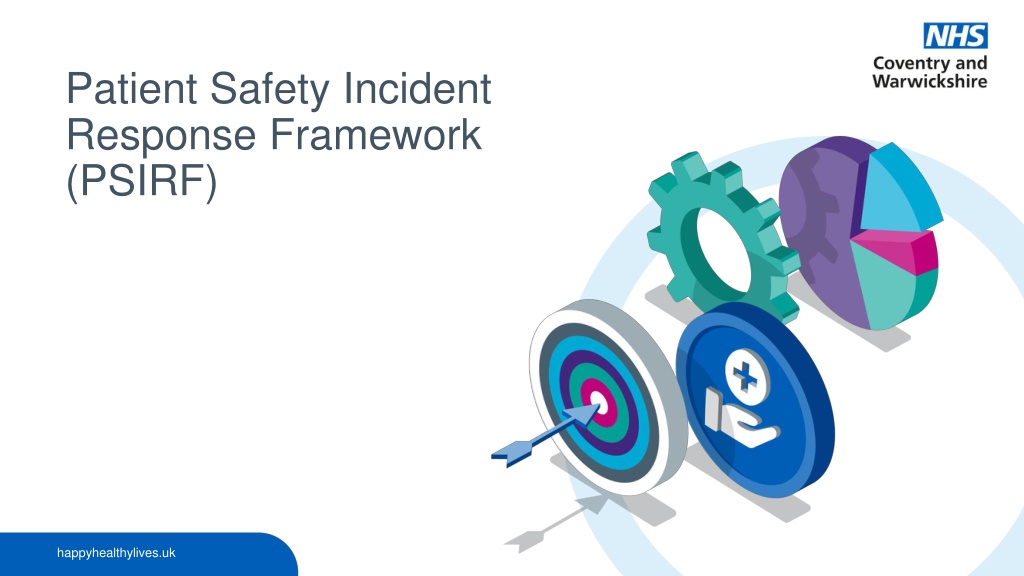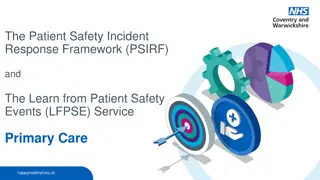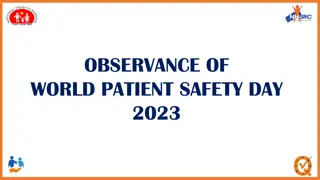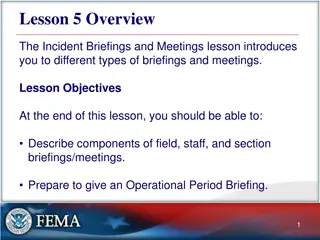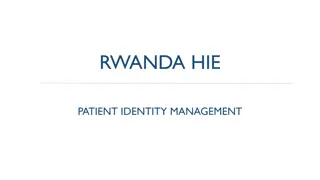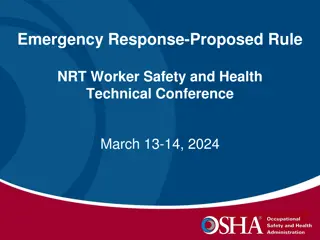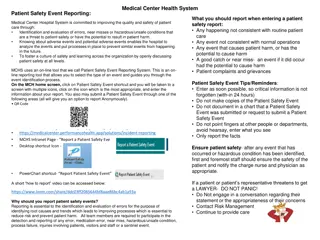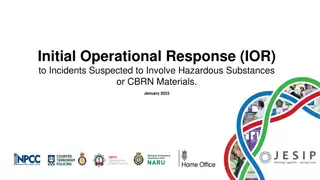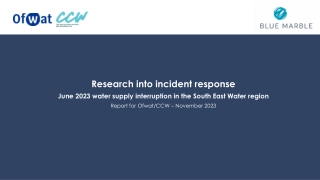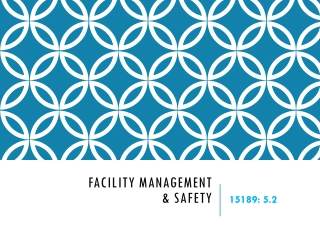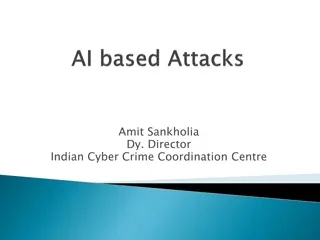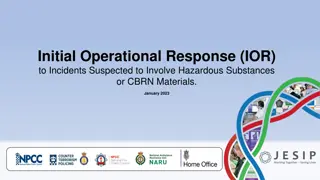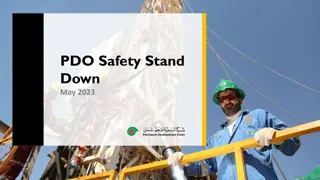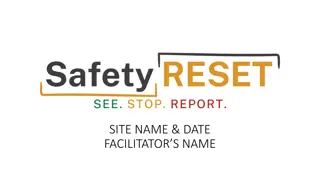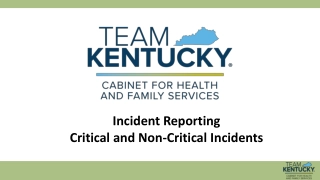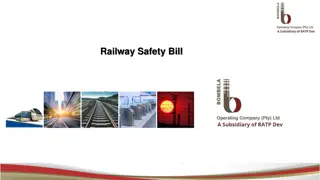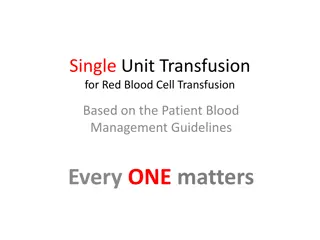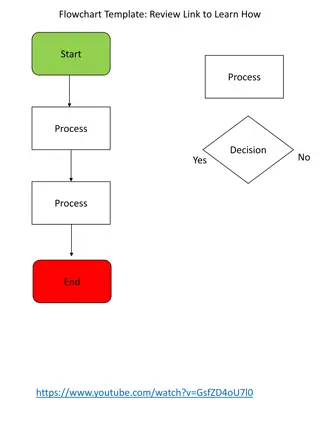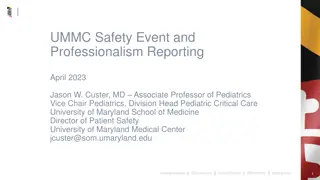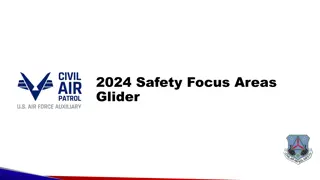Understanding the Patient Safety Incident Response Framework (PSIRF)
The Patient Safety Incident Response Framework (PSIRF) is set to replace the Serious Incident Framework (2015) within the NHS, marking a significant shift in responding to patient safety incidents. Its key aims include compassionate engagement, system-based learning, proportionate responses, and supportive oversight. PSIRF emphasizes a coordinated, data-driven approach for learning and improvement without prescribing specific investigations, promoting a cultural shift towards systematic patient safety management. Implementation requires a transition period, with PSIRF being mandatory under the NHS Standard Contract for various healthcare providers. Primary care providers can choose to adopt this framework voluntarily. The framework aims to establish a safety management system focused on enhancing patient safety incident response.
Understanding the Patient Safety Incident Response Framework (PSIRF)
PowerPoint presentation about 'Understanding the Patient Safety Incident Response Framework (PSIRF)'. This presentation describes the topic on The Patient Safety Incident Response Framework (PSIRF) is set to replace the Serious Incident Framework (2015) within the NHS, marking a significant shift in responding to patient safety incidents. Its key aims include compassionate engagement, system-based learning, proportionate responses, and supportive oversight. PSIRF emphasizes a coordinated, data-driven approach for learning and improvement without prescribing specific investigations, promoting a cultural shift towards systematic patient safety management. Implementation requires a transition period, with PSIRF being mandatory under the NHS Standard Contract for various healthcare providers. Primary care providers can choose to adopt this framework voluntarily. The framework aims to establish a safety management system focused on enhancing patient safety incident response.. Download this presentation absolutely free.
Presentation Transcript
Patient Safety Incident Response Framework (PSIRF) happyhealthylives.uk
What is PSIRF? The PSIRF will replace the current Serious Incident Framework (2015). The framework represents a significant shift in the way the NHS responds to patient safety incidents and is a major step towards establishing a safety management system across the NHS. It is a key part of the NHS patient safety strategy. The PSIRF supports the development and maintenance of an effective patient safety incident response system that integrates four key aims: 1. Compassionate engagement and involvement of those affected by patient safety incidents 2. Application of a range of system-based approached to learning from patient safety incidents 3. Considered and proportionate responses to patient safety incidents 4. Supportive oversight focused on strengthening response system functioning and improvement happyhealthylives.uk
What is PSIRF (continued)? The Patient Safety Incident Response Framework (PSIRF) fundamentally shifts how the NHS responds to patient safety incidents for learning and improvement. PSIRF is not an investigation framework that prescribes what to investigate, instead, PSIRF: It advocates a co-ordinated and data-driven approach to patient safety incident response that prioritises compassionate engagement with those affected. Embeds patient safety incident response within a wider system of improvement. Prompts a significant cultural shift towards systematic patient safety management. Implementation of PSIRF will not be achieved by a change in policy alone, and it cannot be implemented in days or weeks as it requires work to design a new set of systems and processes. National Prep Guide for PSIRF states organisations are expected to transition to PSIRF within 12 months (from September 2022). happyhealthylives.uk
Transition Phases happyhealthylives.uk
Who does PSIRF apply to? PSIRF is a contractual requirement under the NHS Standard Contract and as such is mandatory for services provided under that contract, including acute, ambulance, mental health, and community healthcare providers. This includes maternity and all specialised services Organisations that provide NHS-funded secondary care under the NHS Standard Contract but are not NHS trusts or foundation trusts (eg independent provider organisations) are required to adopt this framework for all aspects of NHS-funded care and may apply this approach to their other services for consistency. These organisations may not need to undertake the full analysis required for patient safety incident response planning (eg due to limitations on data availability), but processes such as stakeholder engagement in preparing plans are required Primary care providers may wish to adopt this framework, but it is not a requirement. Primary care providers that wish to adopt this version of the framework should work with their integrated care board (ICB) to do so. happyhealthylives.uk
What does PSIRF hope to achieve? happyhealthylives.uk
PSIRF Documentation NHS England Patient Safety Incident Response Framework happyhealthylives.uk
The PSIRF describes how the NHS will manage patient safety incidents, including how it will plan its response activities for the purpose of improving patient safety and how it will engage with those affected. The framework and the response activities it supports explicitly exclude activities that apportion blame or determine culpability, determine preventability, or identify cause of death. Respect and dignity Commitment to quality of care Compassion Improving lives happyhealthylives.uk
Feel free to ask any questions or you can email us on cwicb.qualitymatters@nhs.net happyhealthylives.uk
